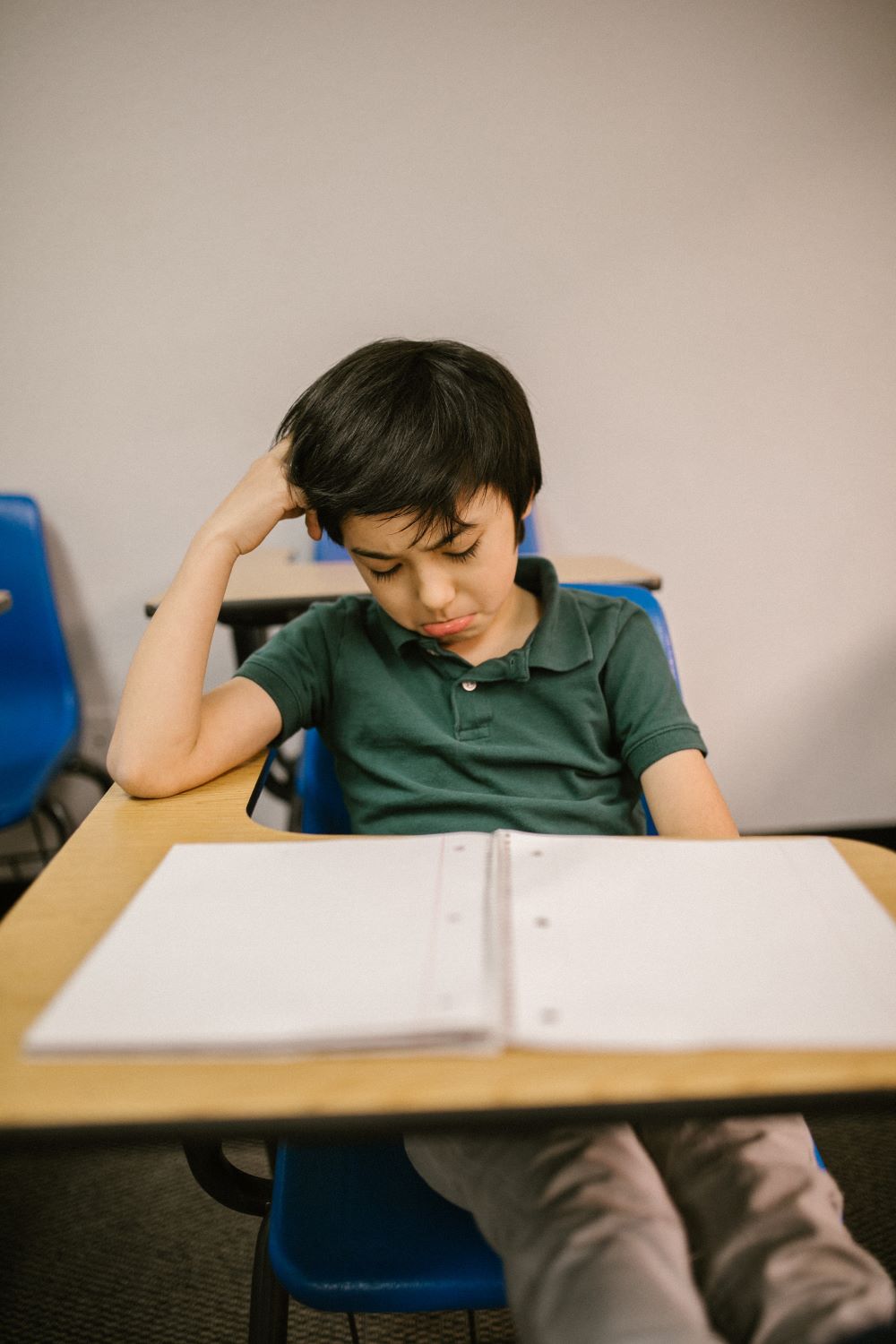COVID impacted the mental health of all children, research shows.
The COVID-19 pandemic was an unprecedented global crisis that touched the lives of individuals across all social strata. One might assume that children hailing from wealthier families, with their access to ample resources, would have experienced a smoother journey through these turbulent times. However, reality often diverges from perception. Surprisingly, data reveals that many wealthy children encountered significant mental health challenges during the pandemic.
The pandemic cast a pervasive shadow over the mental well-being of children worldwide. In the initial year of the crisis, the World Health Organization (WHO) sounded the alarm, reporting a staggering 25% surge in global anxiety and depression. This grim statistic serves as a stark reminder of the extensive reach of the pandemic’s psychological impact.
A primary factor contributing to the mental health tribulations of wealthy children was the extraordinary stress unleashed by the pandemic. While financial security can ease certain concerns, it cannot shield against the fear of infection, apprehension for the well-being of loved ones, and the anguish stemming from the loss of family members. These burdens exacted a toll on the mental equilibrium of these young minds.
Parents with high levels of education often hold lofty expectations for their children’s academic accomplishments. The abrupt transition to remote learning, coupled with the uncertainty enveloping tests and grades, intensified academic pressures. This weight bore down particularly heavily on wealthy families, for whom education holds a position of paramount importance.

Compelling statistics from a recent Axios-Ipsos poll corroborate this viewpoint, revealing that individuals with higher educational backgrounds experienced a more pronounced upswing in depressive symptoms during the pandemic when compared to their less-educated counterparts.
While the pandemic induced a sense of isolation in everyone, wealthier children faced their own unique challenges with regards to loneliness during this time. Equipped with smartphones and computers for virtual interactions, they found these connections inadequate substitutes for genuine, face-to-face friendships. The absence of their customary social life left them wrestling with feelings of solitude and disconnection.
Another substantial factor contributing to the mental health struggles of wealthier children was the relentless pressure to uphold or elevate their socioeconomic status. Fears of financial setbacks and a determination to maintain a particular lifestyle compounded stress and anxiety. The pervasive belief that they needed to “keep up appearances” and adhere to societal expectations exacerbated their mental burdens.
The COVID-19 pandemic left a permanent mark on the mental well-being of children worldwide, extending its reach to even the most privileged. Despite their financial advantages, the pandemic introduced unique stressors, elevated academic expectations, and dismantled traditional support systems. The result was a pronounced increase in anxiety and depression among wealthier children.
It is now essential to recognize that mental health challenges extend beyond the confines of socioeconomic privilege. Adequate support and interventions must be readily accessible to every child, irrespective of their financial circumstances.
Sources:
Wealthier children struggled more with their mental health in the pandemic, research shows
Wealthier kids may have had steepest fall in mental health in UK pandemic
Family economic hardship and adolescent mental health during the COVID-19 pandemic


Join the conversation!